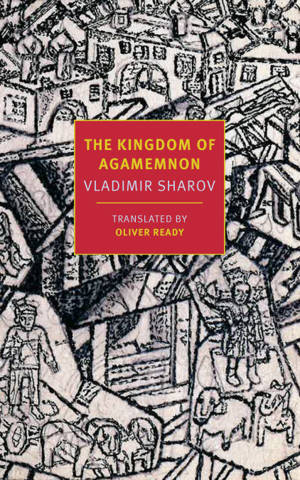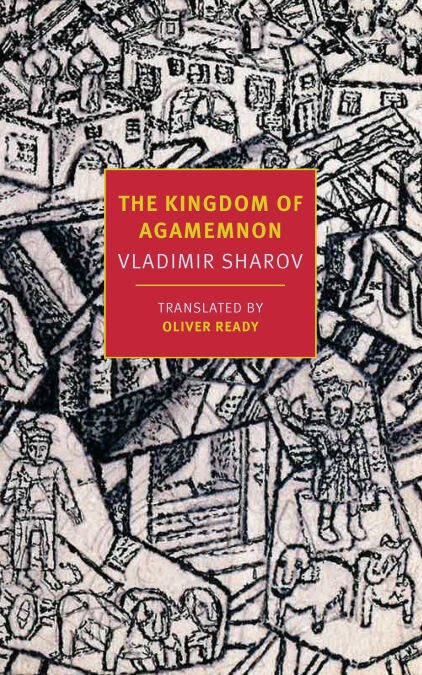
- Afhalen na 1 uur in een winkel met voorraad
- Gratis thuislevering in België vanaf € 30
- Ruim aanbod met 7 miljoen producten
- Afhalen na 1 uur in een winkel met voorraad
- Gratis thuislevering in België vanaf € 30
- Ruim aanbod met 7 miljoen producten
Zoeken
Omschrijving
The final novel by a titan of post-Soviet literature, this fantastical thriller about fakes and imposters in Russian history is both a rewrite of Greek myth and a spiritual sequel of sorts to The Brothers Karamazov.
Vladimir Sharov was one of the most significant and daring novelists of the post-Soviet era, a historian by training whose fantastical fictions unflinchingly plumbed the dark depths of Russia’s past. At once a rewrite of Greek myth and a sequel to The Brothers Karamazov, Sharov’s ninth and last novel is a clear-eyed reckoning with the legacies of Stalinist state terror set in twentieth and twenty-first century Moscow.
The Kingdom of Agamemnon revolves around the quest for a missing novel of the same name. Its author, Nikolai Zhestovsky, was a royal impostor, theologian, informer, and Gulag convict. At the centre of the quest is the evidence supplied by his daughter Galina. Calling herself Electra, she peels back the curtain to her family’s complex history, weaving a tale of vengeance and terror to reveal a world where the line between victims and perpetrators are hopelessly blurred.
A fast-paced thriller, full of leaps in time, unexpected historical parallels, and keen psychological insights, The Kingdom of Agamemnon is an intricate meditation on memory, culture, complicity, and the lures of narrative.
Vladimir Sharov was one of the most significant and daring novelists of the post-Soviet era, a historian by training whose fantastical fictions unflinchingly plumbed the dark depths of Russia’s past. At once a rewrite of Greek myth and a sequel to The Brothers Karamazov, Sharov’s ninth and last novel is a clear-eyed reckoning with the legacies of Stalinist state terror set in twentieth and twenty-first century Moscow.
The Kingdom of Agamemnon revolves around the quest for a missing novel of the same name. Its author, Nikolai Zhestovsky, was a royal impostor, theologian, informer, and Gulag convict. At the centre of the quest is the evidence supplied by his daughter Galina. Calling herself Electra, she peels back the curtain to her family’s complex history, weaving a tale of vengeance and terror to reveal a world where the line between victims and perpetrators are hopelessly blurred.
A fast-paced thriller, full of leaps in time, unexpected historical parallels, and keen psychological insights, The Kingdom of Agamemnon is an intricate meditation on memory, culture, complicity, and the lures of narrative.
Specificaties
Betrokkenen
- Auteur(s):
- Vertaler(s):
- Uitgeverij:
Inhoud
- Aantal bladzijden:
- 600
- Taal:
- Engels
Eigenschappen
- Productcode (EAN):
- 9798896230397
- Verschijningsdatum:
- 7/09/2026
- Uitvoering:
- E-book
- Beveiligd met:
- Adobe DRM
- Formaat:
- ePub

Alleen bij Standaard Boekhandel
+ 22 punten op je klantenkaart van Standaard Boekhandel
Beoordelingen
We publiceren alleen reviews die voldoen aan de voorwaarden voor reviews. Bekijk onze voorwaarden voor reviews.







